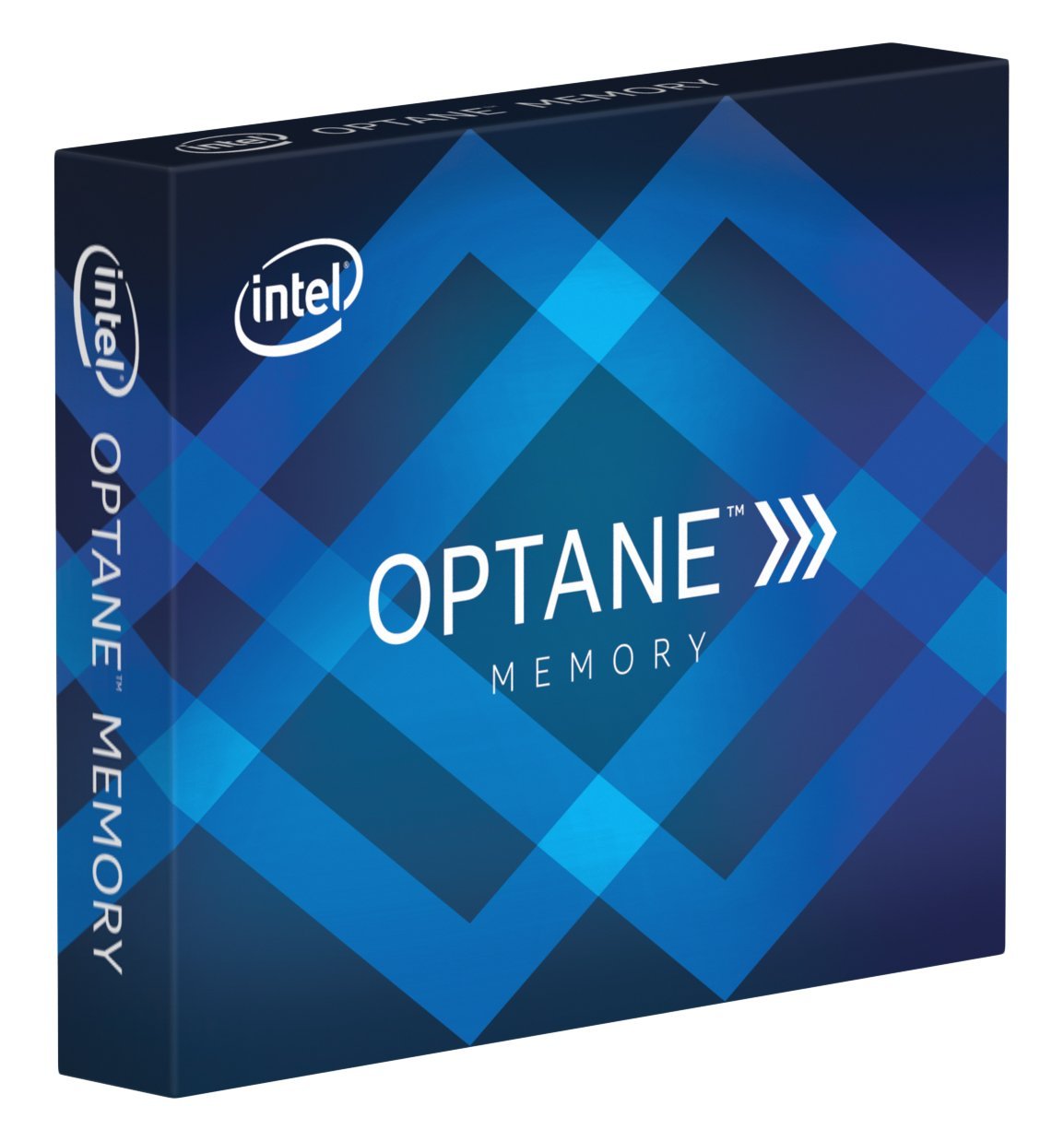Originally posted by nils_
View Post
Announcement
Collapse
No announcement yet.
Trying Out Intel Optane Memory On Linux
Collapse
X
-
Parallelism and dram cache.Originally posted by cj.wijtmans View Postso the reason for not making XDDs is the terrible random write performance?
Turn off the dram cache (or force an fsync for every write - this isn't the default) on the 950 and set iodepth to 1 (this is the default for fio) and you'll see a massive difference.
Comment
-
?Originally posted by faldzip View PostSo it is 3 times more expensive and a dozen percent faster to 50 percent slower... Not a great deal, I would say.
The 950 is about seven times more than the optane. If you mean per GB, then optane is about 2.3 times the price, but that will get you far better performance than what you see here.
The tests Michael did don't show the greatest benefits of the device (consistently low latency).
This device still doesn't have a place in laptops until intel get its power management under control.
Comment
-
I guess even a broken clock is right twice a day...Originally posted by HyperDrive View PostLooks like Charlie was right. Again.
No, he's a guy that goes after any and all products that compete with AMD ones. He's known to do some pretty mind boggling metal gymnastics and selective reading to come to conclusions like Nvidia only having 4.7% yields on the chips for their GTX 400-series cards.Originally posted by Sonadow View PostCharlie is no journalist or analyst; just a guy with an agenda to shame anything he doesn't like.
In all seriousness, what's the actual point in testing an Optane drive as a standalone device? If you can't get it into a Optane+HDD combo, as it's actually intended to be used, it's just a low capacity SSD.Last edited by L_A_G; 16 May 2017, 02:11 AM.
Comment
-
No, he's saying that for flash drive, performance is related to size (because parallel writes and reads). In a 256Gb ssd you usually have 16 chips of 16Gb memory (or 8 of 32Gb).Originally posted by torsionbar28 View Post
So what you're saying, is that a product that claims to improve performance, does not actually improve performance, and therefore we cannot benchmark it? Lol, what??
So comparing a 16Gb drive to a 256Gb drive is not really meaningfull.
Comment
-
The reason I'm not buying this "accelerator" thing is that everybody knows xpoint is actually supposed to replace SSDs and possibly even RAM. This current incarnation is a terrible stopgap solution. Get it if you need it, but it's not for me.Originally posted by schmidtbag View Post1. I said Intel isn't pushing that marketing strategy. Most reviews I've seen of Optane aren't utilizing it in it's intended scenario, suggesting people still don't really understand what it's good/meant for. You still haven't elaborated why you're not buying the pitch, despite the description and solid evidence that it does what it's supposed to. Sure, there are potentially better alternatives to Optane for the same price, but that's besides the point. Optane with a 2TB HDD is still a good value; not the best value, but it is a good one.
2. Not really, because SSHDs are worse than Optane in almost every way. Despite their performance being significantly worse across the board, they're not a whole lot cheaper. The relatively small cache of flash memory will result in a shorter lifespan too (I'm not sure how many write cycles XPoint offers). SSHDs are good when you can't use a separate cache drive (like a laptop), but, there are very few laptop models to choose from.
- Likes 1
Comment
-
Here's a review that legit Reviews did with the 32Gb module in an i5 7500 system with a 1Tb WD Black drive and the speedup is certainly noticeable.
Comment


Comment